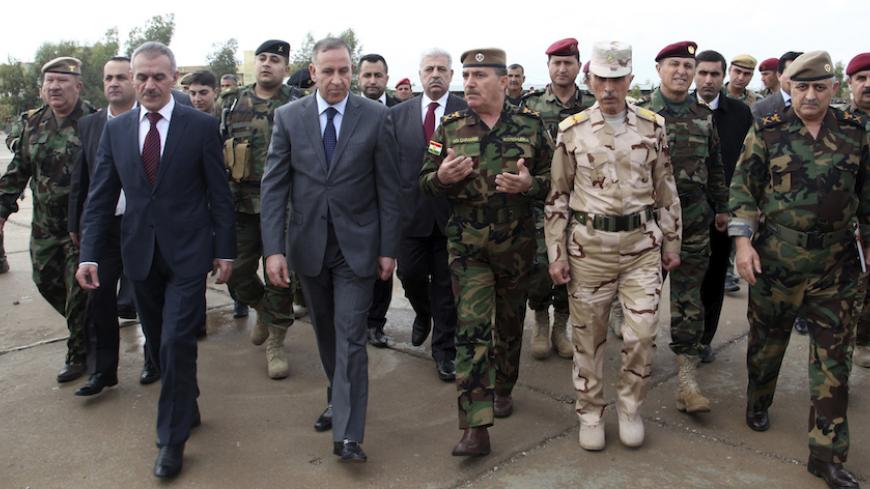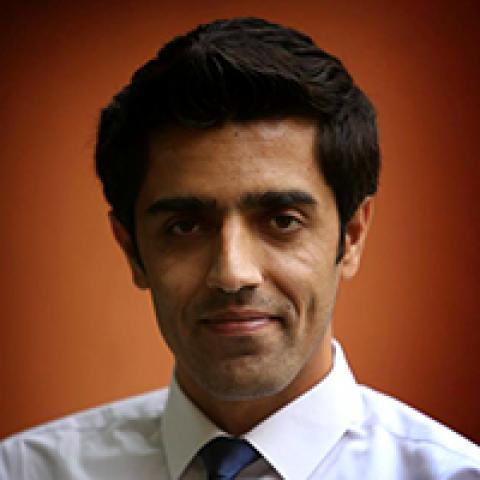ERBIL, Iraq — Political wrangling between Iraq's federal government and the autonomous Kurdistan Regional Government (KRG) in the north appears to have, for the time being, overshadowed planning for a military offensive to liberate the Iraqi city of Mosul from the Islamic State (IS).
After what they saw as a series of antagonizing gestures coming from Iraqi authorities in recent days, Kurdish military representatives reacted by canceling at the last minute their plan to attend an important trilateral meeting between the KRG and officials from Iraq and the United States. The meeting was planned for July 22 in Baghdad to discuss Mosul's liberation, Halgurd Hikmat, a spokesman for the Kurdish Ministry of Peshmerga, told Al-Monitor. The meeting has not been rescheduled yet.



